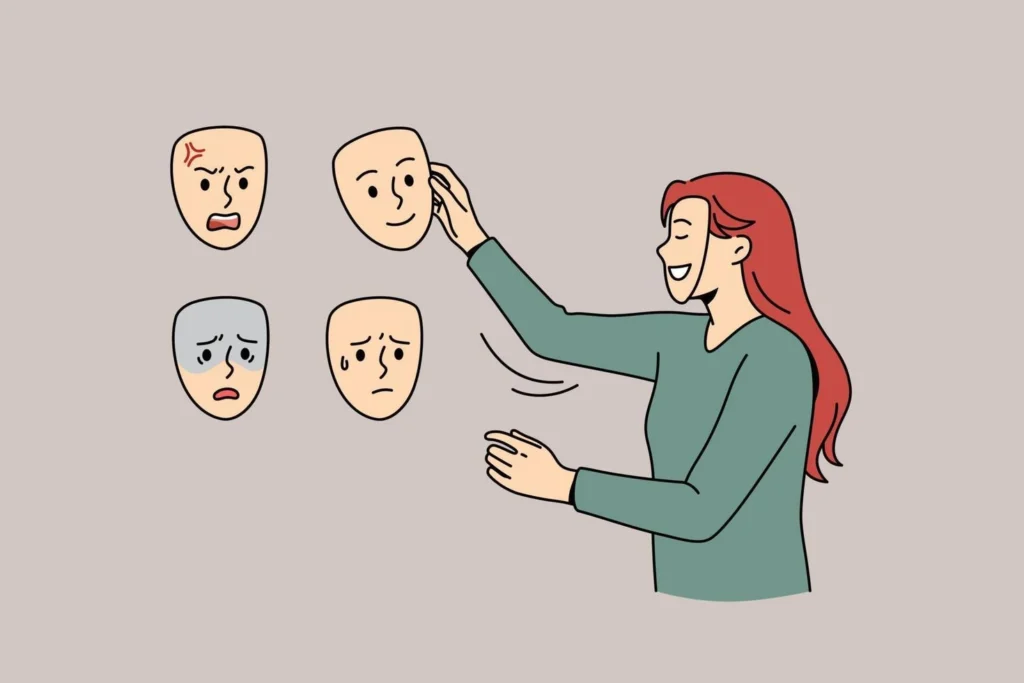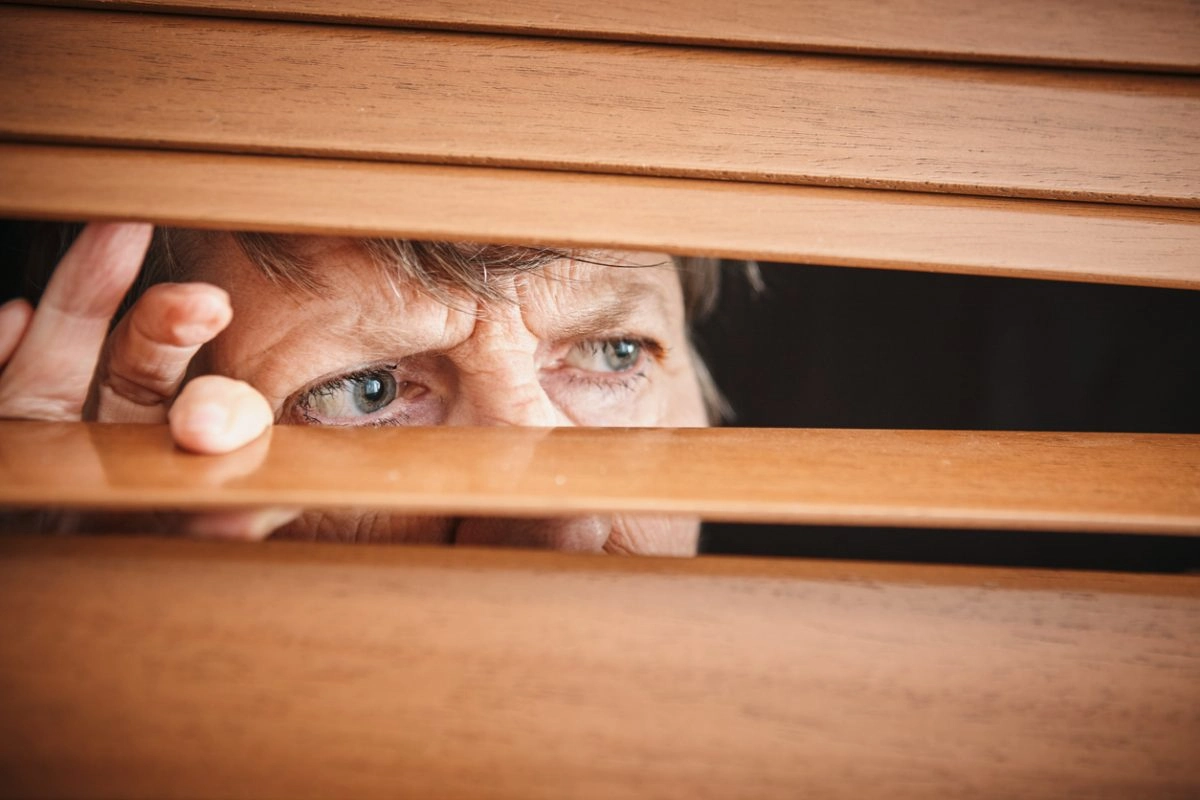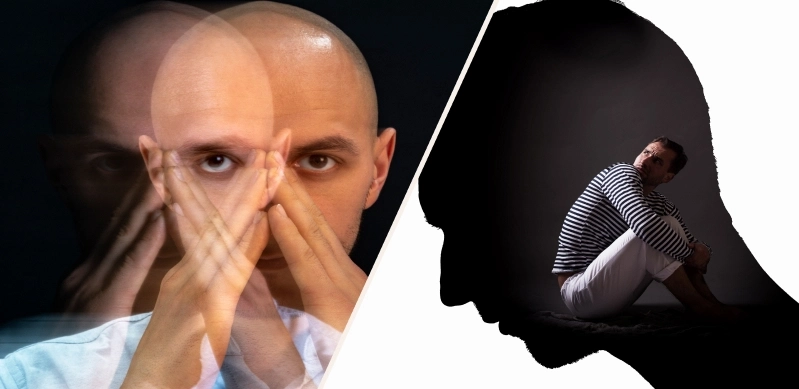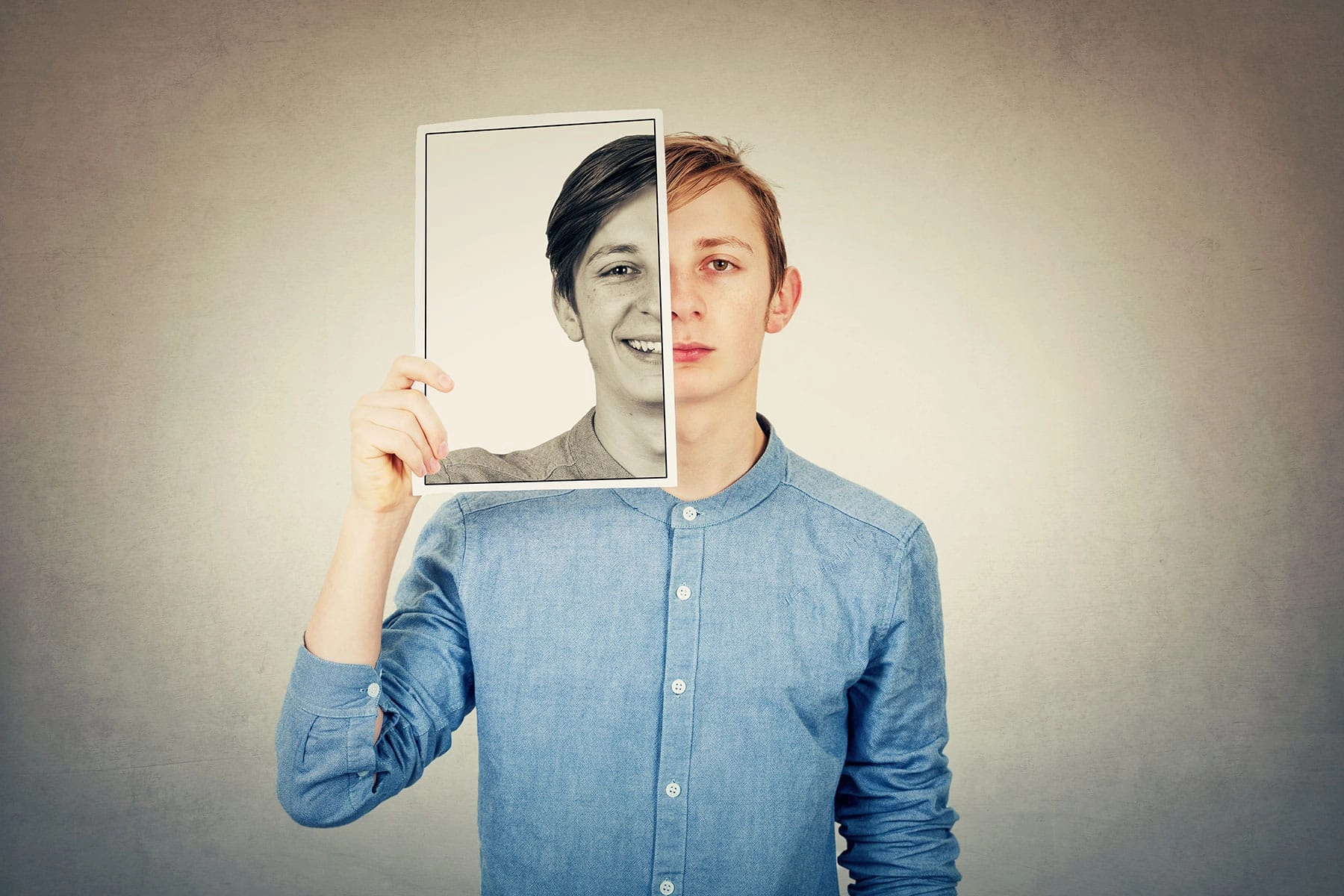Bipolar Disorder Bipolar Face: There are many myths surrounding mental illness. However, mood disorders can be difficult to identify in practice, especially in people who exhibit symptoms of bipolar disorder.
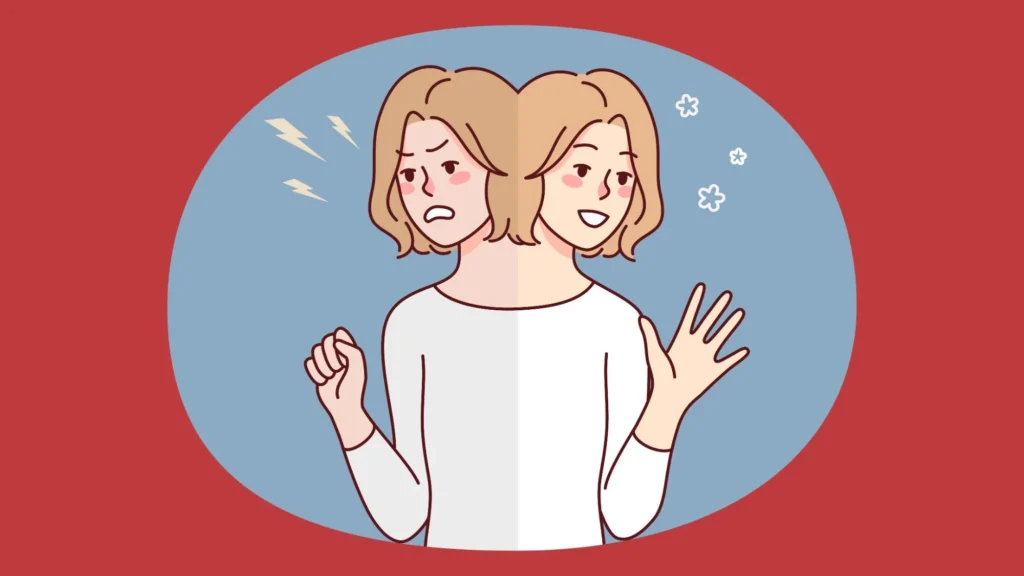
According to Dr. Carrie Bearden, an associate professor of psychiatry and behavioral sciences and psychology at the David Geffen School of Medicine at UCLA, “Chalking it up to moodiness or trouble at work or tiredness is pretty common,” and “The disorder varies in severity.”
How to Detect Bipolar Disorder Bipolar Face?
Unpredictable Conduct
Individuals with bipolar illness may experience an elevated sense of self-worth during a manic episode. They feel grandiose and don’t consider consequences; everything sounds good to them.
Two of the most frequent outcomes of this are impulsive shopping sprees and strange sexual activity. There are a number of patients who have had affairs who never would have done that if they weren’t in a manic episode… during this episode, they exhibit behavior that is not consistent with what they would do normally.
Wonderful Atmosphere
Periods of depression and mania, which fluctuate between extremes, are the hallmarks of bipolar illness. A few patients may completely lose touch with reality during a manic episode. However, hypomania, another sign of the illness, is a condition of intense vitality in which a person experiences excitement but has not yet lost their sense of reality.
“Hypomania can actually be a very pleasurable condition,” explains Dr. Bearden. Euphoria, increased vitality and creativity, and mood elevation are all potential outcomes. Some people with bipolar disorder actually enjoy the “up” side of it while it lasts.
Fast Discourse
We all know a chatty Cathy or motormouth because some individuals have a natural propensity for conversation. “Pressured speech,” however, is one of the most frequent signs of bipolar illness. According to Dr. Bearden, this sort of talk happens when a person is truly not engaged in a two-way conversation. When you attempt to speak, the individual will probably simply speak over you because they will be speaking quickly. Additionally, they occasionally switch between subjects.
When someone speaks in this way only during a manic episode and not at other times, it’s a red flag, she adds.
Irritability
Some people who have this illness experience “mixed mania,” which is when symptoms of both depression and mania manifest simultaneously. They can be quite irritable during this time.
One reason this kind of bipolarity is so difficult to spot is that everyone has bad days. “We are all irritable or moody sometimes,” Dr. Bearden says. “But in people with bipolar disorder, it often becomes so severe that it interferes with their relationships, especially if the person is saying, ‘I don’t know why I’m so irritable…I can’t control it.”
Inability to Accomplish Goals
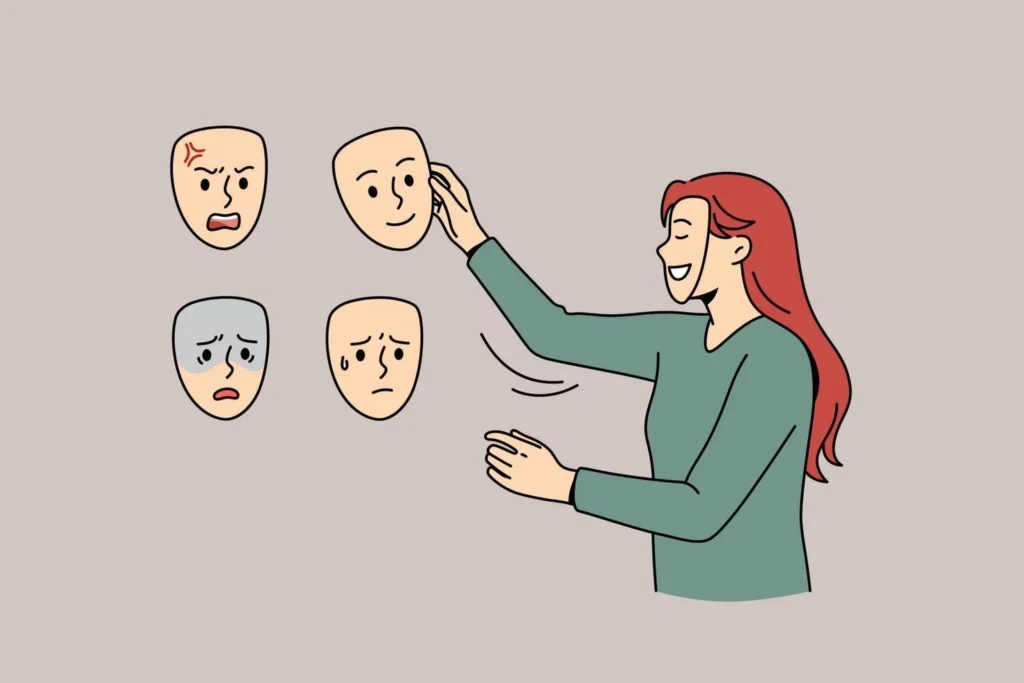
One indication of bipolar disorder is a home full of unfinished tasks. When in a hypomanic state, those who are able to manage their energy may be quite productive. Those who are unable to do so frequently switch between tasks, planning ambitious, unrealistic projects that are never completed before moving on.
“They can be quite distractible and may start a million things and never finish them,” says Dr. Don Malone, the director of the Center for Behavioral Health and head of the Department of Psychiatry at Ohio’s Cleveland Clinic.
Workplace Issues
Due to the numerous symptoms that can interfere with a person’s ability to arrive at work, perform their job, and engage effectively with coworkers, those with this condition frequently struggle at work.
In addition to having trouble finishing tasks, they may experience irritability, an overinflated ego during a manic episode, and depression at other times, which leads to excessive sleep and other mood issues. According to Dr. Malone, interpersonal issues might be the cause of many workplace difficulties.
Ideas Flying About
Although this symptom can be challenging to spot, it is common for people to experience it during a manic episode. People experience a sense of racing thoughts that they are unable to control or calm. Pressure speech can occasionally cause this flight of ideas. Dr. Bearden claims that those who have bipolar disorder may not be able to identify or accept that their thoughts are running rampant.
Depression
People who are in a bipolar depressive state will seem to have the same symptoms as someone with normal depression. According to Dr. Malone, “They have the same problems with energy, appetite, sleep, and focus as others who have plain old depression.” Unfortunately, patients with bipolar disorder do not respond well to standard antidepressant treatments alone. Additionally, they can cause individuals to ride their bikes more often, which exacerbates their situation, or induce a break with reality.
“In people with bipolar disorder, antidepressants may be really dangerous because they can induce mania,” he says.
The Misuse of Alcohol or Drugs
About 50% of those who have bipolar illness also have a substance misuse issue, particularly alcohol use, according to Dr. Bearden. When in a manic episode, many people will turn to alcohol in an attempt to calm themselves down, and when depressed, they will use it to elevate their mood.
Issues with Sleep
Sleep issues are frequent among individuals with this illness. They could spend too much time sleeping and always feel exhausted during a depressive episode. They might not get enough sleep during a manic episode, but they never feel weary nonetheless.
They may feel fantastic and have plenty of energy, even if they only get a few hours of sleep every night. One of the first things Dr. Bearden advises bipolar patients is to keep a consistent sleep routine.

